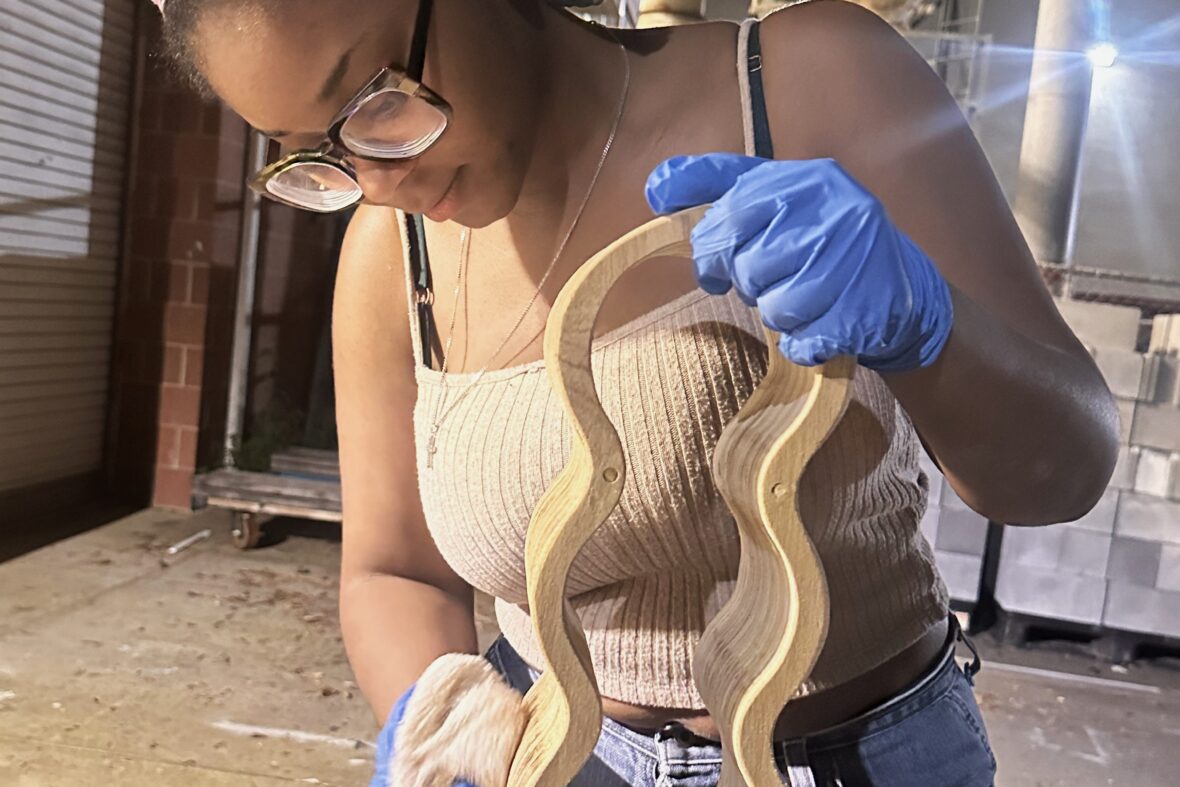Delivery
On-Campus
The Critical Heritage/Public History dual degree builds upon these two complementary programs. UNC Charlotte’s faculty and students engage in a curriculum and research that seeks local solutions while engaging in global conversations; emphasizes hands-on engagement with communities and organizations; challenges authorized heritage discourses; diversifies approaches and practices of engaging with the past; and promotes the stories and sites that foreground the heritage of underrepresented communities.
See our Graduate Admissions page for more information about graduate admissions to the School of Architecture, including specifics for international students and answers to frequently asked questions.
Students must apply to each program separately and be admitted to both programs. Dual degree students must satisfy all individual degree requirements with the added benefit of sharing a limited number of credits between the two programs.
When completed together, a specified 9 credits of the 36-credit Master of Arts in History Public History and specified 9 credits of the 30-credit MS in Architecture Critical Heritage are waived as per the UNC Charlotte catalog, for a 48-credit dual degree.
Fall 1 (9 Credit Hours)
Spring 1 (9 Credit Hours)
Summer 1 (3 credit hours)
Fall 2 (9 credit hours)
Spring 2 (9 credit hours)
Fall 3 (6 credit hours)
48 Total Credit hours
When completed together, a specified 9 credits of the 36-credit Master of Arts in History Public History and specified 9 credits of the 30-credit MS in Architecture Critical Heritage are waived as per the UNC Charlotte catalog, for a 48-credit dual degree.
Fall 1 (12 Credit Hours)
Spring 1 (12 Credit Hours)
Summer 1 (6 Credit Hours)
Fall 2 (9 Credit Hours)
Spring 2 (9 Credit Hours)
45 Total Credit Hours

The Critical Heritage concentration in the M.S. in Architecture explores how preserving the built environment connects to social and environmental sustainability, and how these practices align with those in museums, archaeological sites, and beyond.

The Public History concentration in the M.A. in History emphasizes museum studies, historic preservation, and the creation of new media projects such as websites, digital collections, and documentaries.

Kyra Sykes
M.S. in Architecture, Critical Heritage Studies Concentration

We invite applicants and prospective applicants to learn more about our programs by attending our Open Houses and Facility Tours, both of which may be done in person or virtually. These events are opportunities to meet current faculty, staff, and students, and to ask questions about the program.
Check out the official catalog for information on specific degree requirements, course progressions, curriculum and more.